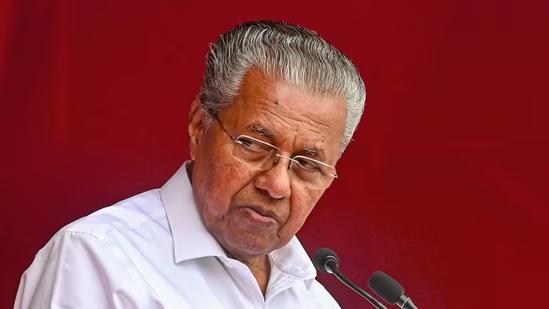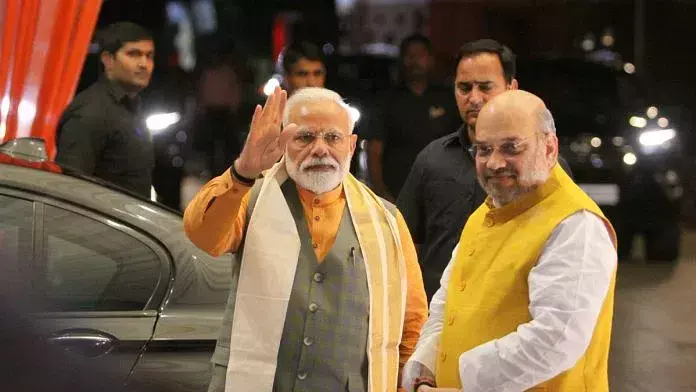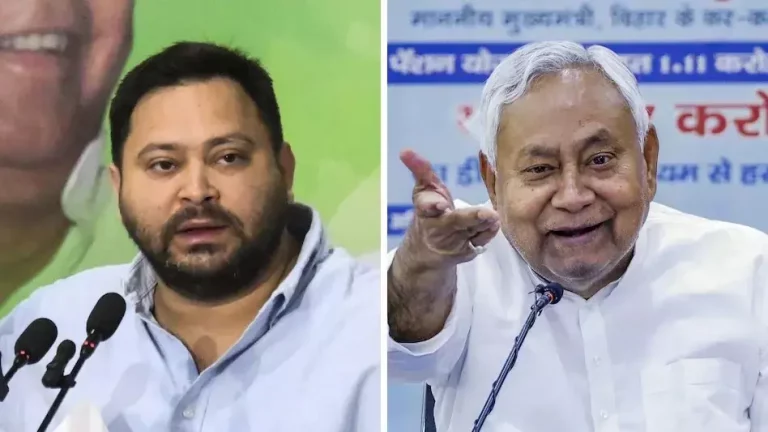
Kerala CM terms Odisha attack on nuns as ‘Hindutva vigilantism’
The recent attack on Catholic priests and nuns in Odisha’s Jaleswar has sparked widespread outrage and condemnation. Kerala Chief Minister Pinarayi Vijayan has joined the chorus, terming the incident as a classic example of “Hindutva vigilantism”. In a statement, Vijayan expressed deep concern over the alleged assault on the Keralite Catholic priests and nuns, who were stopped on suspicion of forced conversions in Balasore district.
The incident has sent shockwaves across the country, with many questioning the motives behind the attack. The Odisha police have arrested several individuals in connection with the case, but the incident has raised serious doubts about the safety and security of religious minorities in India.
According to reports, the group of priests and nuns was stopped by a mob at a checkpost in Jaleswar on the suspicion of forced conversions. The mob allegedly assaulted them, causing injuries to several individuals. The victims have alleged that they were beaten up and forced to sign documents stating that they would not engage in any religious conversions.
Vijayan’s statement condemning the attack is a significant one, given the growing trend of communal violence and vigilantism in India. He has called the incident a reflection of the “ongoing communal witch-hunt against Christians” and has demanded a thorough investigation into the matter.
“Hindutva vigilantism” is a term that has been increasingly used to describe the growing trend of violence and intimidation against religious minorities, particularly Christians and Muslims. The term refers to the use of violent tactics to promote Hindu nationalist ideology and to suppress the rights of religious minorities.
The incident in Odisha is a stark reminder of the dangers of such vigilantism. The attack on the priests and nuns is a clear case of hate crime, and it is essential that the perpetrators are brought to justice. However, it is also important to recognize that such incidents are often part of a larger pattern of communal violence and intolerance.
The Odisha government has promised to take action against the perpetrators of the attack, but much more needs to be done to address the underlying issues of communal tension and hatred. The incident is a wake-up call for all of us to recognize the dangers of communalism and to work towards creating a more inclusive and tolerant society.
The Role of Politics
The attack on the priests and nuns is also a reflection of the growing politicization of religion in India. The ruling Bharatiya Janata Party (BJP) has been accused of promoting Hindu nationalist ideology and of using religion as a political tool to woo voters.
The BJP’s ideological mentor, the Rashtriya Swayamsevak Sangh (RSS), has been accused of promoting a narrow and exclusivist vision of Indian identity, which excludes religious minorities. The RSS has also been linked to several incidents of communal violence and hate crimes in the past.
The Odisha attack is a reminder that the BJP’s politics of hate and division have serious consequences. The party’s rhetoric of “Hindutva” and its promotion of Hindu nationalist ideology have created an environment of fear and intolerance, where religious minorities are increasingly targeted.
The Need for Action
The attack on the priests and nuns is a wake-up call for all of us to recognize the dangers of communalism and to work towards creating a more inclusive and tolerant society. It is essential that the government takes concrete steps to address the issue of communal violence and hate crimes.
The government must ensure that the perpetrators of the attack are brought to justice and that religious minorities are protected from violence and intimidation. The government must also take steps to promote interfaith dialogue and to create a more inclusive and tolerant society.
The incident is also a reminder of the importance of civil society activism in promoting human rights and protecting religious minorities. Civil society organizations must continue to play a key role in promoting tolerance and understanding, and in advocating for the rights of religious minorities.
Conclusion
The attack on Catholic priests and nuns in Odisha’s Jaleswar is a shocking reminder of the dangers of communal violence and vigilantism in India. The incident is a classic example of “Hindutva vigilantism”, and it is essential that the government takes concrete steps to address the issue.
As Kerala Chief Minister Pinarayi Vijayan has pointed out, the incident reflects the ongoing communal witch-hunt against Christians in India. It is essential that we recognize the dangers of communalism and work towards creating a more inclusive and tolerant society.
Source:
https://repository.inshorts.com/articles/en/PTI/15551698-ace9-4e70-8d0e-526c7ff78beb






